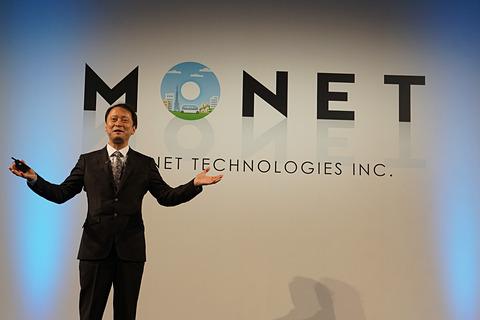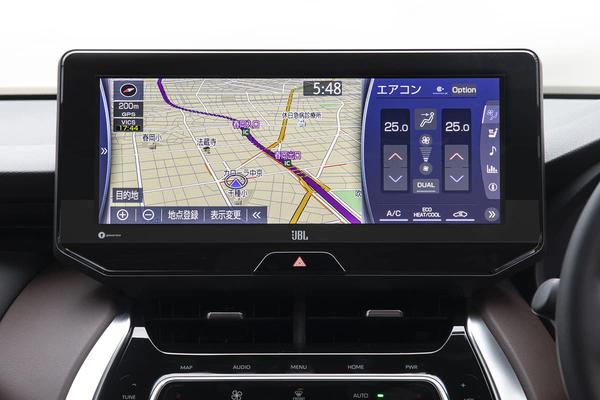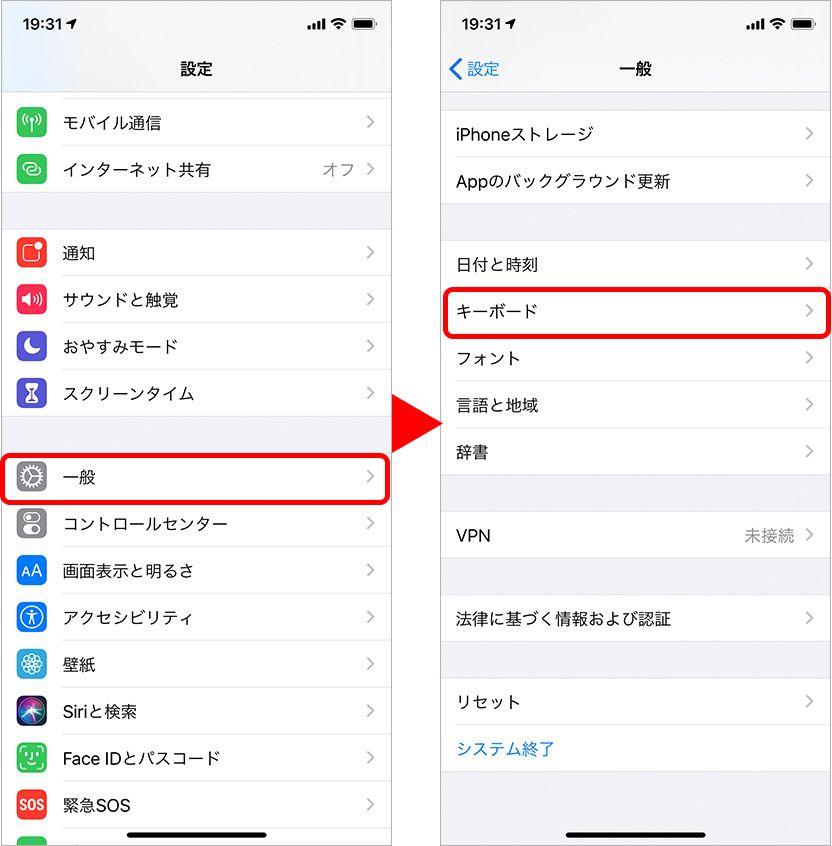"MONET Summit" will be held for the introduction of "e-Palette" after 2023. President Akio Toyoda makes a surprise appearance
On March 28, MONET Technologies launched a future MaaS (Mobility-as-a-Service) business using Toyota's self-driving EV (electric vehicle) "e-Palette" In preparation for the development of MONET, we held the event "MONET Summit" in Tokyo to introduce the future business development and initiatives of MONET to local governments and companies nationwide.
At the summit, MONET Technologies President and CEO Junichi Miyagawa, Director Keiji Yamamoto, and Executive Vice President and COO Yoshihide Shibao took the stage to talk about MONET's efforts in collaboration with local governments and companies. First, explain the vision for the future. At the beginning of the summit, Akio Toyoda, president of Toyota Motor Corporation, made a surprise appearance and conveyed his gratitude to the gathered attendees.
Toyota Motor Corporation President Akio Toyoda makes a surprise appearance MONET Technologies President and CEO Junichi MiyagawaMONET is a joint venture company by Toyota Motor Corporation and Softbank, and its specific businesses include "on-demand mobility services" and "data analysis." It was established with the aim of developing "Autono-MaaS (a coined word that combines Autonomous Vehicle and Mobility-as-a-Service)".
In the field of on-demand mobility services, in 2018, we started to develop "regional cooperation-type on-demand transportation" and "enterprise shuttle services" in cooperation with local governments and companies. In the future, we aim to develop an "Autono-MaaS" business that utilizes the EV "e-Palette" developed exclusively for mobility services for transportation, logistics, and product sales.

Mr. Miyagawa, who took the podium on stage, said that the three pillars of MONET's MaaS strategy are the "advancement of existing transportation" such as fixed-route buses, and the provision of services by linking various services such as ride sharing and mobile convenience stores. He explained that it is to realize "creation of new lifestyles" and "optimization of society as a whole" represented by the term "smart city" through MaaS.
In 20 years from now in Japan, the three pillars of the MaaS strategy to aim for the existence of MONET in MaaS like GAFA (Google, Amazon, Facebook, Apple) in the InternetIn Mr. Miyagawa's presentation, the current efforts are as follows: He introduced services that use manned vehicles, such as "on-demand transportation for regional cooperation" and "shuttle service for companies," which dispatch vehicles to local governments and companies nationwide according to user demand.
Mr. Miyagawa said, "A self-driving car is a mass of AI. Instead of the image of a self-driving car driving on its own, in order for AI to become a smarter AI, we need to feed a large amount of high-quality data into the AI engine. We need to feed them. Even if self-driving cars suddenly appear one day, I don't think there is a foundation for them to be accepted in Japan.I want to build a solid foundation for that in the next few years." , the idea that it is time to lay the foundation for the introduction of self-driving cars was shown.
In order to realize future MaaS that utilizes self-driving cars, it is necessary to ``integrate with various data'' such as population density and infrastructure environment in addition to vehicle data, and ``demand In his presentation, he explained that it is necessary to "understand local governments," "collaborate with local governments and community development" to consider MaaS according to local governments, and "co-create services" by various companies that provide services using self-driving cars. .
Four key factors necessary for the realization of MaaS using self-driving carsIn Mr. Miyagawa's presentation, MONET aims to create a MaaS platform that is the next generation of " Positioned as a new social infrastructure essential for urban development, creating new services by linking with corporate and government data, such as improving added value in tourism, supporting regional medical care and education, and new services in retail distribution. It showed the direction to go.
Aiming to deploy MaaS as social infrastructure














